ASRock B550 Taichi Review: The $300 B550 Motherboard with Chutzpah
by Gavin Bonshor on August 21, 2020 3:30 PM EST- Posted in
- Motherboards
- AMD
- ASRock
- Taichi
- AM4
- Ryzen 3000
- Ryzen 3700X
- Ryzen 4000
- B550
- B550 Taichi
Board Features
The ASRock B550 Taichi is an ATX motherboard that is based on AMD's AM4 socket and positions itself as one of the most premium B550 models on the market. It uses a Ryzen 3000 processor to provide its PCIe 4.0 capabilities via the top full-length PCIe 4.0 x16 slot, a PCIe 4.0 x8 slot, and the top PCIe 4.0 x4 M.2 slot. The Taichi's other slots include a full-length PCIe 3.0 x4 and two PCIe 3.0 x1 slots. Located at the bottom of the board is a single PCIe 3.0 x4 M.2 slot, with plenty of SATA ports with a combined total of eight. Four of the SATA ports are driven by the chipset and support RAID 0, 1, and 10 arrays, while the other four SATA ports are controlled by an ASMedia ASM1061 SATA controller. The Taichi also has solid memory capability with support for up to DDR4-5000 memory, with a maximum capacity of up to 128 GB across four memory slots.
| ASRock B550 Taichi ATX Motherboard | |||
| Warranty Period | 3 Years | ||
| Product Page | Link | ||
| Price | $300 | ||
| Size | ATX | ||
| CPU Interface | AM4 | ||
| Chipset | AMD B550 | ||
| Memory Slots (DDR4) | Four DDR4 Supporting 128 GB Dual Channel Up to DDR4-5000 |
||
| Video Outputs | 1 x HDMI 2.1 1 x DisplayPort 1.4 |
||
| Network Connectivity | Intel I225-V 2.5 GbE Intel AX201 Wi-Fi 6 |
||
| Onboard Audio | Realtek ALC1220 TI NE5532 Amplifier (Front panel) |
||
| PCIe Slots for Graphics (from CPU) | 1 x PCIe 4.0 x16 1 x PCIe 4.0 x8 |
||
| PCIe Slots for Other (from PCH) | 1 x PCIe 3.0 x4 2 x PCIe 3.0 x1 |
||
| Onboard SATA | Four, RAID 0/1/10 (B550) Four (ASMedia) |
||
| Onboard M.2 | 1 x PCIe 4.0 x4 1 x PCIe 3.0 x4 |
||
| USB 3.1 (10 Gbps) | 1 x Type-A Rear Panel 1 x Type-C Rear Panel 1 x Type-C Front Panel (ASMedia) |
||
| USB 3.0 (5 Gbps) | 4 x Type-A Rear Panel 1 x Type-A Header (2 x ports) |
||
| USB 2.0 | 2 x Type-A Rear Panel 2 x Type-A Header (4 x ports) |
||
| Power Connectors | 1 x 24-pin ATX 2 x 8pin CPU |
||
| Fan Headers | 1 x CPU (4-pin) 1 x CPU/Water Pump (4-pin) 5 x System (4-pin) |
||
| IO Panel | 4 x USB 3.1 G1 Type-A 1 x USB 3.1 G2 Type-A 1 x USB 3.1 G2 Type-C 2 x USB 2.0 Type-A 1 x Network RJ45 2.5 G (Intel) 5 x 3.5mm Audio Jacks (Realtek) 1 x S/PDIF Output (Realtek) 2 x Intel AX201 Antenna Ports 1 x USB BIOS Flashback Button 1 x Clear CMOS Button 1 x DisplayPort 1.4 Output 1 x HDMI 2.1 Output |
||
The ASRock B550 Taichi has a premium networking selection that consists of an Intel I225-V 2.5 GbE Ethernet controller and an Intel AX201 Wi-Fi 6 interface which also supports BT 5.1 devices. Also located on the rear panel is one USB 3.2 G2 Type-C, one USB 3.2 G2 Type-A, four USB 3.2 G1 Type-A, and two USB 2.0 ports. Users looking for more USB connectivity can make use of the front panel headers with a single USB 3.2 G2 Type-C, two USB 3.2 G1 Type-A ports which allow for four ports, and two USB 2.0 headers which adds a further four USB 2.0 ports.
Test Bed
As per our testing policy, we take a high-end CPU suitable for the motherboard that was released during the socket’s initial launch and equip the system with a suitable amount of memory running at the processor maximum supported frequency. This is also typically run at JEDEC subtimings where possible. It is noted that some users are not keen on this policy, stating that sometimes the maximum supported frequency is quite low, or faster memory is available at a similar price, or that the JEDEC speeds can be prohibitive for performance. While these comments make sense, ultimately very few users apply memory profiles (either XMP or other) as they require interaction with the BIOS, and most users will fall back on JEDEC supported speeds - this includes home users as well as industry who might want to shave off a cent or two from the cost or stay within the margins set by the manufacturer. Where possible, we will extend out testing to include faster memory modules either at the same time as the review or a later date.
While we have been able to measure audio performance from previous Z370 motherboards, the task has been made even harder with the roll-out of the Z390 chipset and none of the boards tested so far has played ball. It seems all USB support for Windows 7 is now extinct so until we can find a reliable way of measuring audio performance on Windows 10 or until a workaround can be found, audio testing will have to be done at a later date.
| Test Setup | |||
| Processor | AMD Ryzen 3700X, 65W, $329 8 Cores, 16 Threads, 3.6 GHz (4.4 GHz Turbo) |
||
| Motherboard | ASRock B550 Taichi (BIOS 1.10) | ||
| Cooling | ID-Cooling Auraflow 240 mm AIO | ||
| Power Supply | Thermaltake Toughpower Grand 1200W Gold PSU | ||
| Memory | 2x8GB G.Skill TridentZ DDR4-3200 16-16-16-36 2T | ||
| Video Card | ASUS GTX 980 STRIX (1178/1279 Boost) | ||
| Hard Drive | Crucial MX300 1TB | ||
| Case | Open Benchtable BC1.1 (Silver) | ||
| Operating System | Windows 10 1909 | ||
Readers of our motherboard review section will have noted the trend in modern motherboards to implement a form of MultiCore Enhancement / Acceleration / Turbo (read our report here) on their motherboards. This does several things, including better benchmark results at stock settings (not entirely needed if overclocking is an end-user goal) at the expense of heat and temperature. It also gives, in essence, an automatic overclock which may be against what the user wants. Our testing methodology is ‘out-of-the-box’, with the latest public BIOS installed and XMP enabled, and thus subject to the whims of this feature. It is ultimately up to the motherboard manufacturer to take this risk – and manufacturers taking risks in the setup is something they do on every product (think C-state settings, USB priority, DPC Latency / monitoring priority, overriding memory sub-timings at JEDEC). Processor speed change is part of that risk, and ultimately if no overclocking is planned, some motherboards will affect how fast that shiny new processor goes and can be an important factor in the system build.


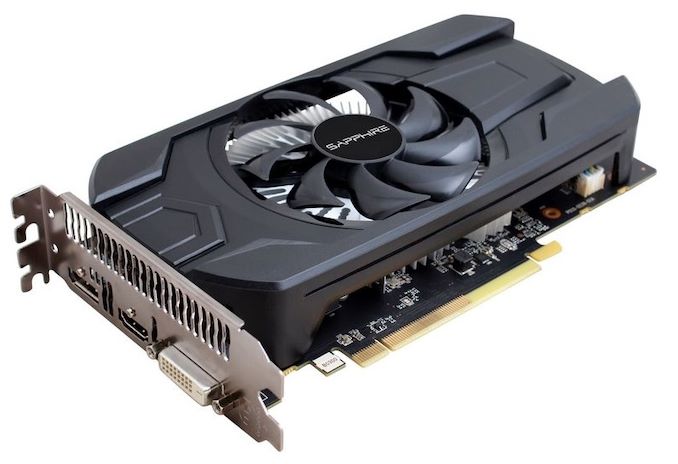
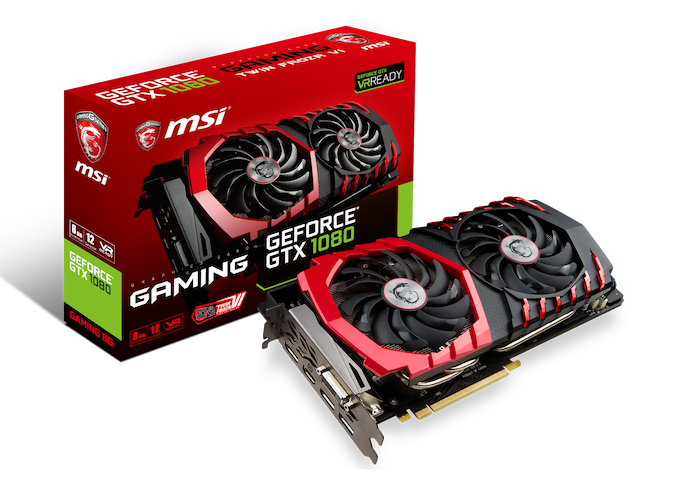
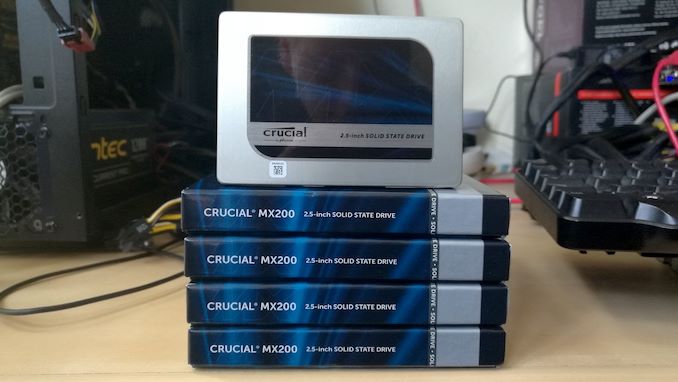
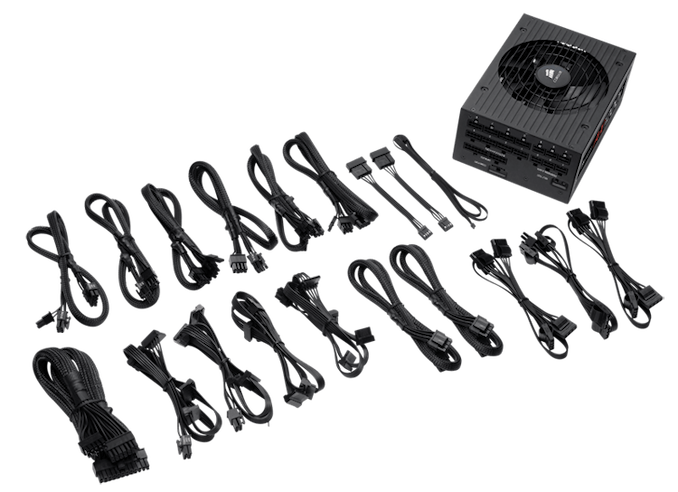
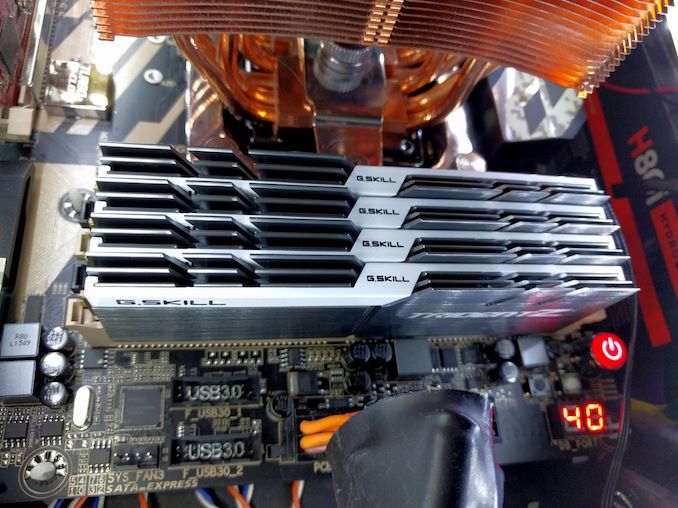
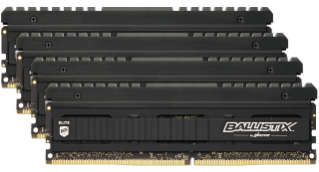
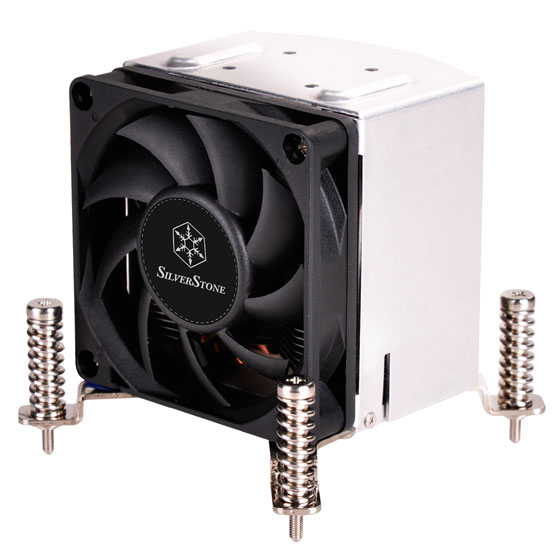
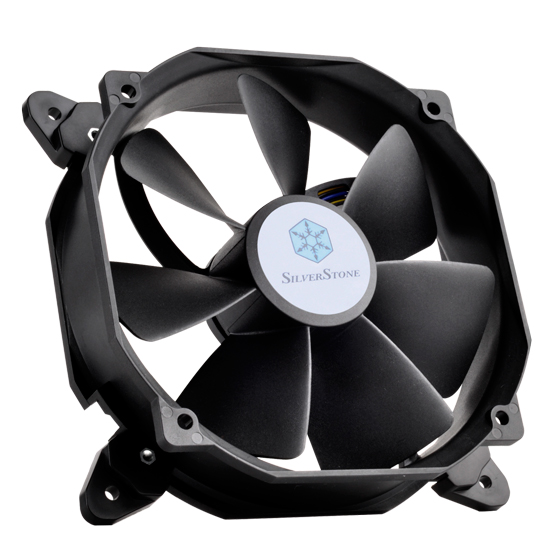








61 Comments
View All Comments
Gigaplex - Wednesday, August 26, 2020 - link
The uncertainty certainly is annoying, but if I bought that board and then some time later had a need to install a PCIe x8 card, I'd be a bit frustrated.(I installed an LSI 9207-8i about a month ago on a motherboard I've had for >8 years, it was lucky I had an x16 slot free)
Tpoking - Saturday, August 22, 2020 - link
What's that old saying "Intel tax"? Try AMD tax only your getting less for more with this abomination and any AMD it's build over the past two months. Excuses with current event don't stick comparing the other way around. AMD is not value when considering anything but budget Matx boards and last Feb choosers.antonkochubey - Saturday, August 22, 2020 - link
Yeaaaah because Z490 boards (B550 is equivalent to Z490 - allows x8/x8 split, has PCIe 3.0, allows overclocking) can be found for $42 or for free on the side of the road /sSpunjji - Monday, August 24, 2020 - link
Great post, next time try adding some facts.Oxford Guy - Saturday, August 22, 2020 - link
Let's see...Midrange chipset at premium price, for no justifiable reason? Check.
Tons of VRM phases for CPUs that shouldn't even be overclocked? Check.
Excuses? Hmm...
antonkochubey - Sunday, August 23, 2020 - link
This midrange chipset matches Intel's highest-end chipset in it's feature set, and exceeds in some (PCIe 4.0 and CPU-direct first M.2).MrVibrato - Sunday, August 23, 2020 - link
I think it will be easier for you to use your fingers when counting PCI lanes.Spunjji - Monday, August 24, 2020 - link
The VRM thing really bugs me.lorribot - Sunday, August 23, 2020 - link
Why?Why 2.5GbE? No routers supplied by ISPs support this so yuo would need to spend a stack on a seperate switch. I am not entirely sure what the use case would be for 2.GbE and what sort of data would need to be transferred over that link. When there is also a top end WiFi 6 built in as well. One or other of these expensive features will be unused.
This board, like many of the B550 boards, makes no sense except in very few use cases, noise or heat, over an X570 based board that brings more future proofed support for PCI 4.
the top price for a B550 board should be around £/$70-100 and no more but there is massive shortage of boards in that price bracket.
A £/$75 board would give a good entry in to AM4 for those still on old Haswell/Broadwell CPUs still looking for a value upgrade path in the AMD productstack.
Gigaplex - Sunday, August 23, 2020 - link
I use 2.5GbE. Gigabit is the single biggest bottleneck for NAS speeds. I use a single SSD in my system, mass storage is on the NAS. I don't want a loud mechanical drive sitting right next to me. I also don't even have a switch, I connect the two endpoints directly.Switches aren't going to be commonly available at a low price until 2.5GbE is ubiquitous. For that to happen there's going to be a period of time where some people like you keep complaining about having faster ports with nothing to plug in to.
You want the cheap motherboards you're asking for? A520 is for you.